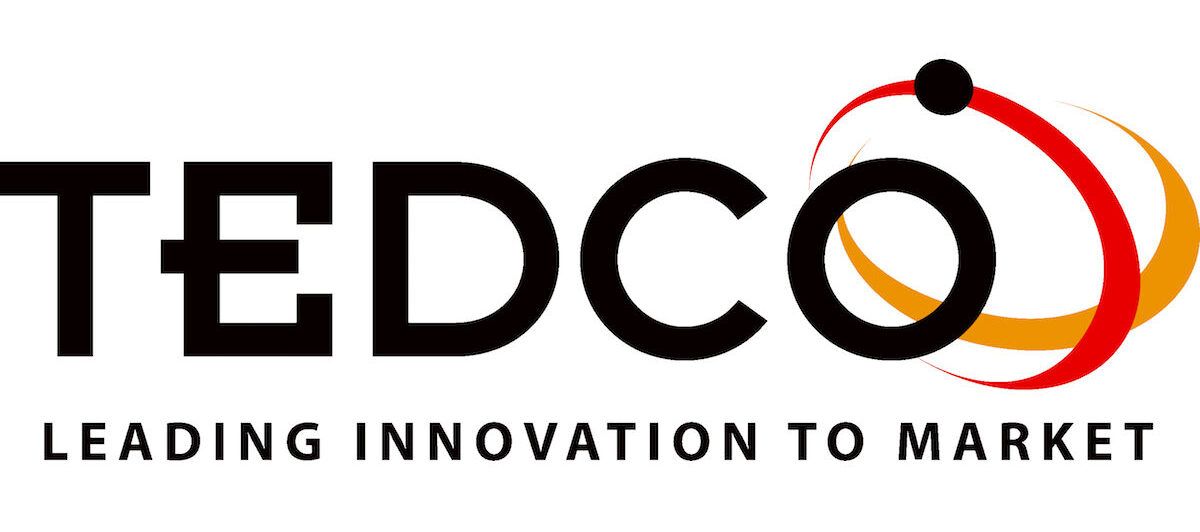Maryland Legislative Outlook: It’s all about perspective!
At the Annual Winter Conference in Annapolis, MEDA hosted a panel of current legislators moderated by Laurie Boyer, Executive Director, Rockville Economic Development. With Maryland’s Legislative Session in full swing, there are several key themes emerging of interest to economic development. Both Senator Mike Miller, President of the Senate, and Senator J. B Jennings, Minority leader of the Senate, supported the need for both parties to come together to create legislation, implement policies and find solutions that continue to support a strong economy in Maryland. However, across the aisle, there are varying opinions about how this needs to occur. Some of the key areas of discussion include paid time off for sick workers, dealing with the impact of crime in communities on the state as a whole, minimum wage discussions, and educational system funding to support new initiatives.
In the panel discussion, Senators Miller and Jennings shared insight about some of the bills coming before the Senate and the need for Legislature to pass bills that benefit doing business in Maryland. Discussion poured in from both sides of the aisle on topics such as the current cash shortfall and balancing the budget, the need to fund key infrastructure improvements, and the economic impact of crime in the City of Baltimore on the State.
Senator Miller shared his support of paid sick leave and identified it as critical legislation for employees without paid sick leave, such as contract workers. Regarding infrastructure, Jennings stated that the State needs to address the structural deficit and acknowledge that there is key infrastructure improvements that need to be funded. There were discussions about the current status of Metro System and the potential need for additional funding from the federal government. Both Senators stressed the need to come together to find solutions. Miller stated that our educational system is underfunded event with over half of the annual budget presently earmarked for education. Jennings suggested that legislators look at how current budget is spent and determine ways to fund new initiatives from the current budget. Jennings also mentioned the need to insure that Maryland has a strong educational system to train a ”job ready” workforce of the future.
With over 2,500 bills in process during a legislative session, perhaps thirty percent will actually pass. In this election year, it will be important to carefully monitor the legislative session for key changes that could impact workforce, education, and the overall economy.



